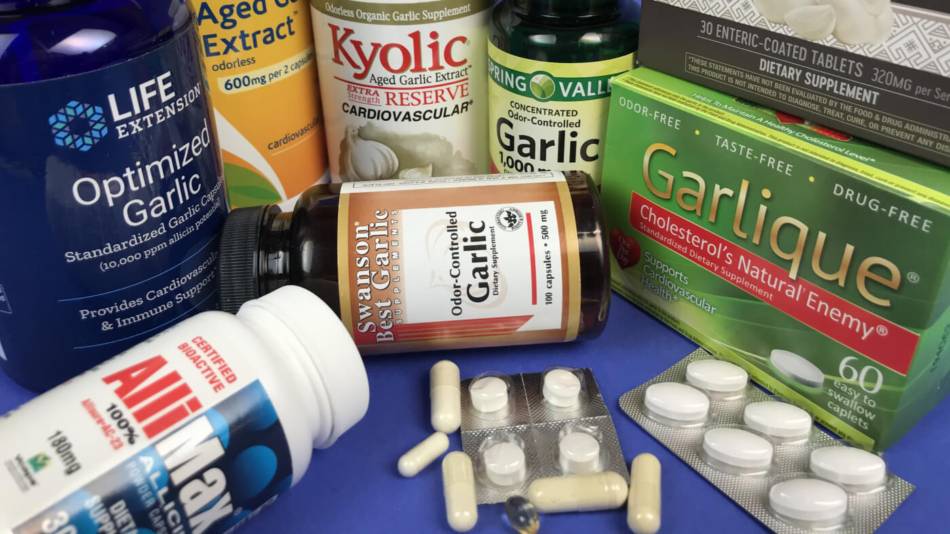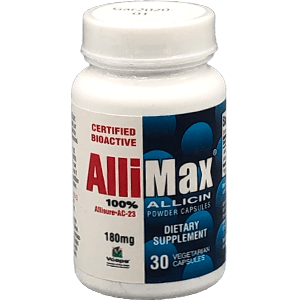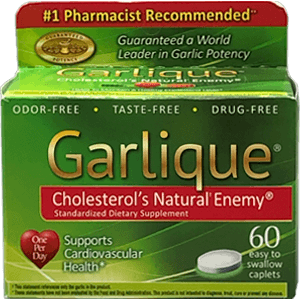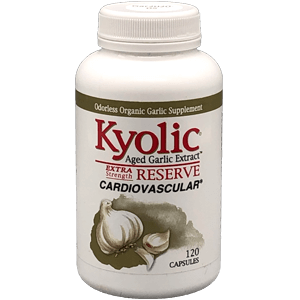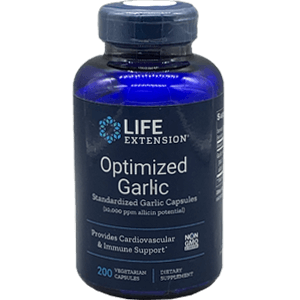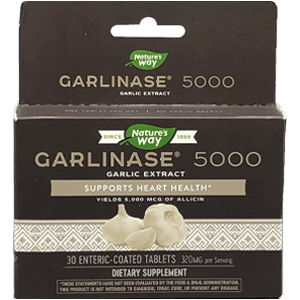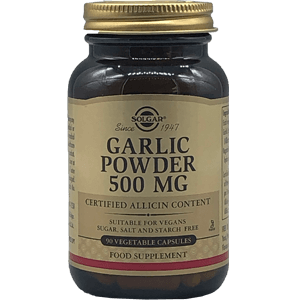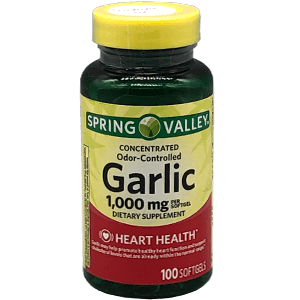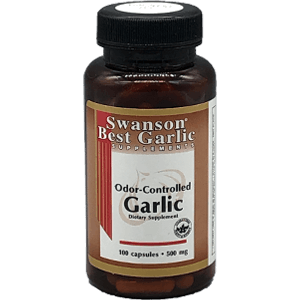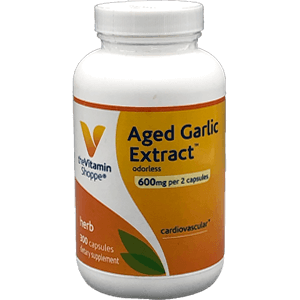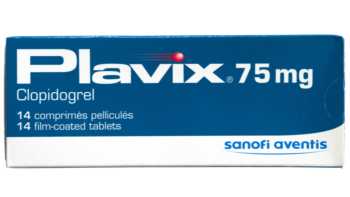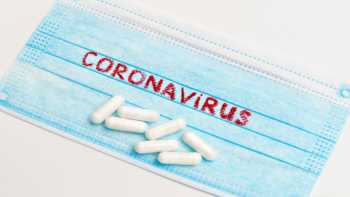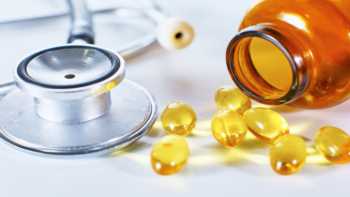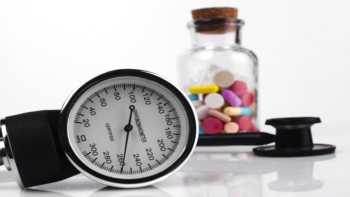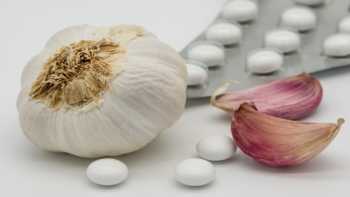+— 23 sources
In addition the results of its expert testing, ConsumerLab uses only high-quality, evidence based, information sources. These sources include peer-reviewed studies and information from agencies such as the FDA and USDA, and the National Academy of Medicine. On evolving topics, studies from pre-print journals may be sourced. All of our content is reviewed by medical doctors and doctoral-level experts in pharmacology, toxicology, and chemistry. We continually update and medically review our information to keep our content trustworthy, accurate, and reliable. The following sources are referenced in this article:
- Gail, J Nutr 2006
- Guo, JAMA Open 2020
- Josling, Adv Ther 2001
- Laffin, J Am Coll Cardiol 2023
- Moosavian, Phyto Res 2020
- Reinhart, Nutr Res Rev 2009
- Ried, Eur J Clin Nutr 2013
- Ried, Front Nutr 2018
- Thuy, ACS Omega 2020
- Tsai, Planta Med 1985
- Weber, Planta Med 1992
- Wlosinka, BMC Complement Med Ther 2020
- Zeng, J Sci Food Agric 2012
- Jung, Nutrition 2014
- Kimura, J Food Drug Anal 2017
- Liu, Front Physiol 2018
- Valls, Nutrients 2022
- Borrelli, Mol Nutr Food Res 2007
- Hitl, Am J Emerg Med 2021
- Nair, Urol Case Rep 2023
- Rose, Neurosurgery 1990
- Warfarin Prescribing Information, 2011
- Woodbury, A A Case Rep 2016

